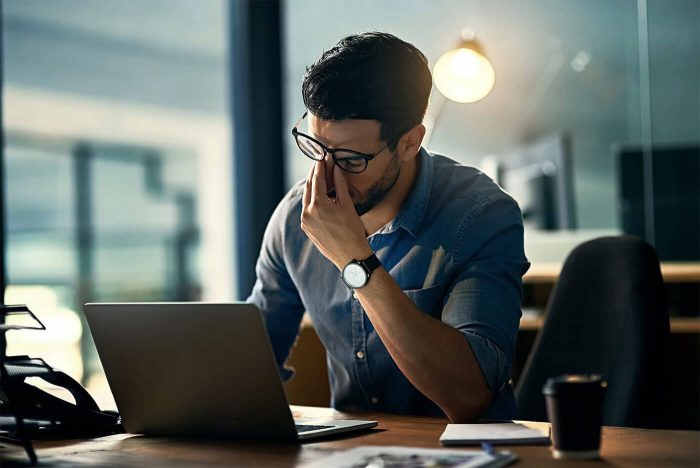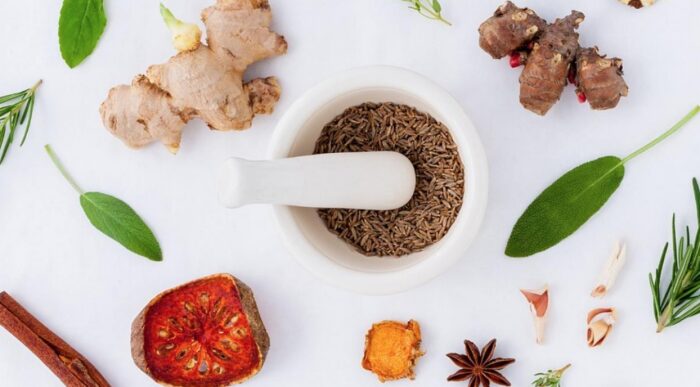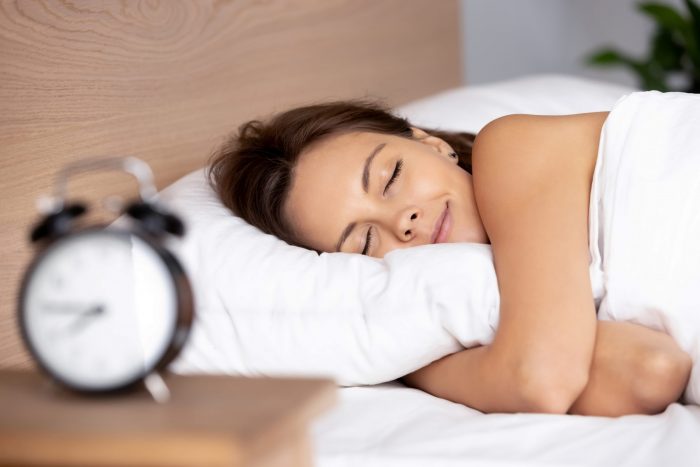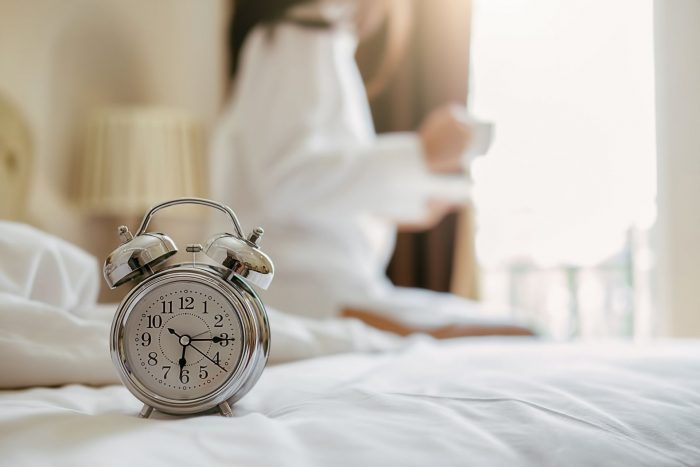
Many of the heroes in today’s society worked exceptionally hard, hustled, and worked their way from the bottom of society in terms of their financial status right to the top. Regardless of where people started, those that are universally held in high esteem, such as Elon Musk and Steve Jobs, are also associated with being incredibly busy and productive.
The American dream, in a nutshell, is “work hard and attain a better life.” We are all different, however. While Elon Musk may take a 90-hour workweek in his stride, it’s not sustainable for everyone, especially when you have other commitments outside of work.
Generally speaking, the more effort and time you put into something, the more you will get out of it. Sometimes we need to prioritise. However, we can’t do everything with 100% effort.
Another pitfall with a high work ethic is that it can become part of your identity. You can hold yourself in high esteem, mainly because you work so hard. With this in mind, it can be challenging to relax and take time out because working is tied directly to your self-esteem and self-worth. Maybe you’re not the best athlete or even the most intelligent, but you can outwork everyone.
Disclaimer: Always speak to your doctor if you feel like you are suffering in any way mentally or physically. Any recommendations in this article should be discussed with a doctor and researched further.
This article will look at burnout and what interventions and routines can help to prevent it from overtaking your life and making you feel demotivated, stressed out, and unwell.
Spotting Burnout

If you are not going out, not meeting friends, and don’t partake in your favorite pastimes or hobbies, there’s a good chance that you may, at some point, experience burnout. Burnout can result in a sharp decline in emotional and physical health, especially in these high-stress, anxiety-filled times.
In this YouTube video, entrepreneur Nathaniel Drew has an equation that he uses:
Joy – Drain = current state of wellbeing
He defines joy as his enthusiasm, what he feels when he tells stories and connects with people. Without joy, he states that he would feel depressed and aimless.
He categorizes “drain” as doing things he doesn’t like, being around people he doesn’t want to be around and neglecting self-care.
There is always a balance. Going out of your comfort zone and doing things you don’t like to do is stimulating and vital for self-growth. However, if you are always doing something that you don’t like and you live and work with people you don’t vibe well with, burnout could be on its way.
You can spot and identify this drain and the onset of burnout if you have good mental-hygiene habits and routines such as journaling and meditation.
Use Technology to Enhance Wellbeing

Another issue with work is that it can follow us everywhere. Whenever we are, we typically have access to our phones and often our laptops. With many of us working remotely at present, it can be challenging to switch off from work and be fully engaged with the people and the things around us without set working hours.
To work more productively and reduce stress, minimizing interruptions can be a great place to start. According to research from the University of California, Irvine, a single interruption typically takes 23 minutes to recover and refocus. Further research concluded the interruptions cause higher levels of anxiety and a greater rate of errors.
With this in mind, using a virtual assistant and a phone answering service can be a great way to minimize unwanted interruptions. With a virtual assistant, you can filter out unwanted emails, and with a phone answering service, you can make sure that you are not interrupted by any annoying spam or unwanted sales calls. Distractions can have a significant impact on both your wellbeing and your productivity. You can learn more about phone answering services at Moneypenny.com.
Mobile apps can also directly help with mental health. There are a number of mental health apps that require just 5 to 10 minutes of attention per day. Woebot, for example, was designed by Stanford University professors and doctors and has several scientific studies that back up its ability to reduce depression and anxiety.
If you are working inside all day, it may also enhance your wellbeing to invest in a SAD lamp and a grounding mat. A SAD light can help optimize your cortisol levels in the morning, while a grounding may be able to help reduce levels of unwanted inflammation. Research suggests that grounding, also known as earthing, helps to boost the immune system and even reduce “primary indicators of osteoporosis.” Visit Buzzrx to know more about bolstering your immune system.
Nutrition – Adaptogens

Before taking any herbs or adaptogens, you must speak to your doctor.
Adaptogens are generally herbs that help your body respond to any stressor by bringing physiological stress back to normal levels. They adjust or adapt to any internal stressors and help your body function optimally. They are known, for example, to enhance the immune system when the body is under stress and regulate inflammation.
These herbs have been used to treat various illnesses and ailments for thousands of years.
Adaptogens include ginseng, ashwagandha, and Rhodiola Rosea. They have all been studied and proven to improve both physical and mental performance and undress stress. For example, this study carried out in 2024 concluded that ashwagandha had neuroprotective properties, and this study conducted in 2018 found that Rhodiola Rosea “…offers comprehensive treatment of stress symptoms and can prevent chronic stress and stress-related complications”.
For more information about adaptogens, please see this article from healthline.com.
Get Enough Sleep

There are several business YouTube stars and famous entrepreneurs who promote sleeping less and “sleeping faster.” One entrepreneur famously stated that “you can get by on six hours sleep.” While that is true for a minority of people, 95% of us need at least 8 hours of sleep per night.
Boasting about sleeping less than 7 hours is similar to boasting about eating junk food. It’s really not healthy. Whenever you take public transport in the mornings and evenings, you can often see people looking completely exhausted or even people sneaking in a quick 10-minute power nap. People often brag about how little sleep they have because it is somehow correlated with hard work.
When you sleep, the pituitary gland surges its production of growth hormone. Growth hormone is essential for muscle growth, bone growth, and fat metabolism. If there were a healthy pill available that generated muscle growth and fat loss, I think it would be extremely popular and make billions of dollars.
Sleep Helps Your Immune System Function

According to this Tedx Talk from Professor Matt Carter, the biochemicals and cells that circulate your body and make up your immune system actually change in many respects when you are sleeping. When you sleep, they are especially good at defending the body from viruses and other unwanted microorganisms. Moreover, when you feel run down or sick, the best thing you can do is get a good night’s sleep.
In regards to burnout, too, you are much more prone to anxiety, depression, and symptoms of stress. You can also find it much more challenging to focus, pay attention, and stay motivated. Being sleep-deprived also feels horrible!
Professor Carter also states that people who get a good night’s sleep also get more done when compared to the periods that they don’t get adequate sleep. They are more focused and productive with a whole night’s sleep, to the extent that they get more done in less time.
This information may be very alarming, but many people reading this right now may not be choosing to go without a full night’s sleep – it might be that anxiety or stress keeps them awake.
Have a Bedtime Routine

Children are the best at sleeping in western society. It is thought that this is because their parents take the time to put them to bed with a proper routine. They may have a bath, brush their teeth, get into their pajamas, and then a parent will often read them a story. This process prepares them for a good night of sleep. Having a routine can help with sleep immensely.
One thing not to do is look at any gadgets or social media within an hour of bedtime. Social media impacts dopamine levels in our brain, which in turn can prevent us from sleeping. Going to bed at the same time and getting up at the same time each day can also help people sleep better.
There is a range of amino acids and herbs that may help people to get to sleep. These include glycine, 5 HTP, chamomile, and magnesium. Please discuss any supplements with your doctor. Examine.com is an excellent place to start any further research.
Conclusion
Stress is a real problem in modern society. We are often overwhelmed by the amount of information, things to do, work pressures, and general sensory input that becomes an issue, and we enter a vicious cycle of sleep deprivation, irritability, and poor physical and mental health. Outsourcing specific elements of work, reducing interruptions, eating well, and making sure we get enough rest can all help. Being in nature and exercising outdoors are also excellent methods of refreshing the body and mind.








